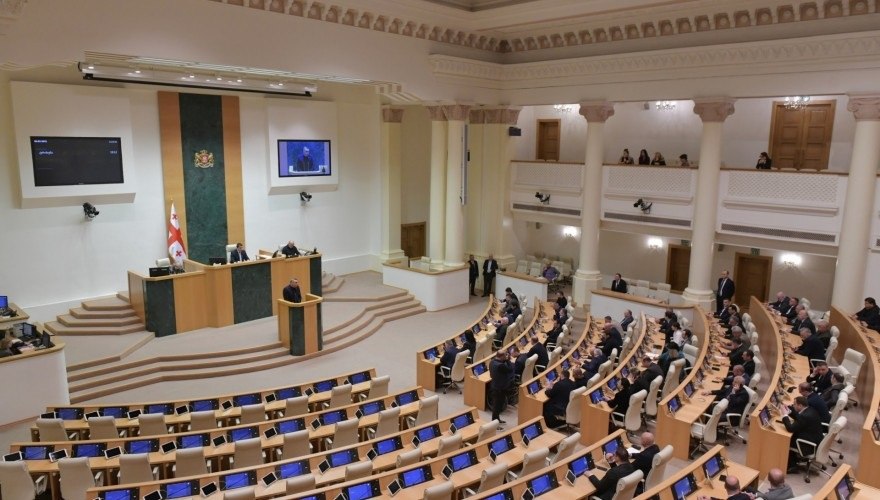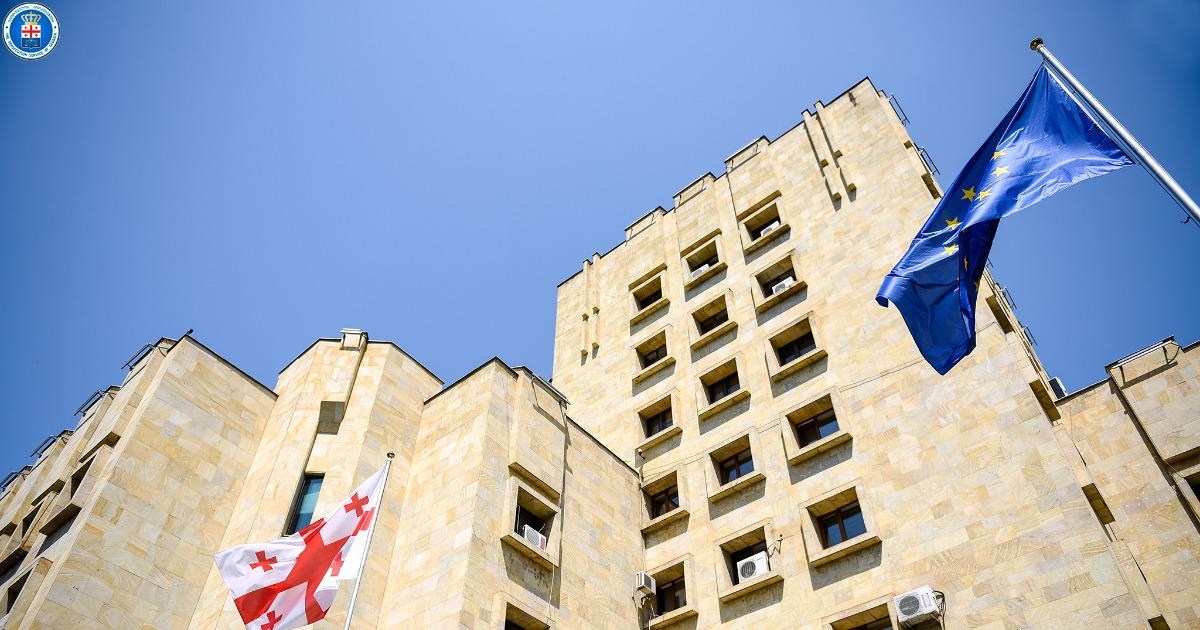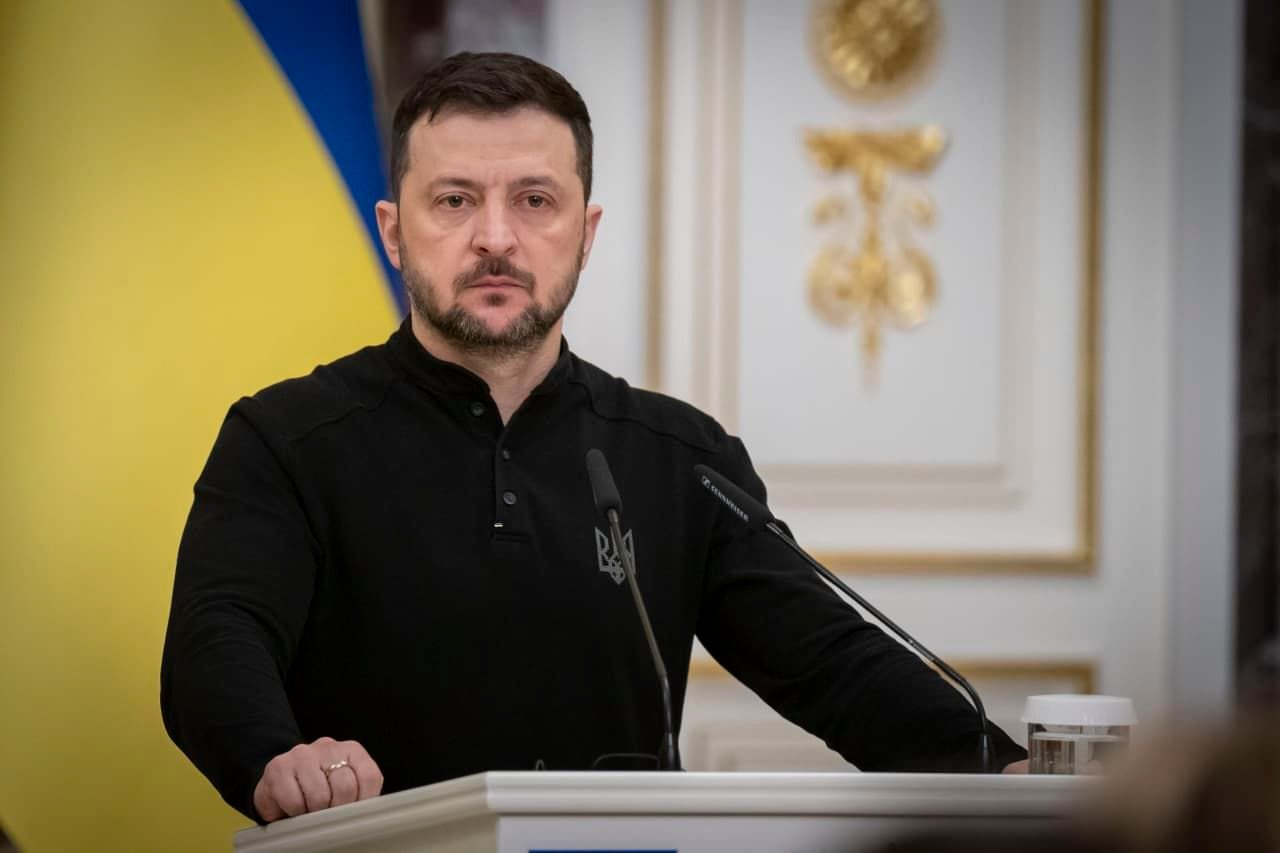Georgian Parliament passes stricter amendments to Administrative Offenses Code

Author
Front News Georgia
The Parliament of Georgia has adopted amendments to the Code of Administrative Offenses in the third and final reading, introducing stricter regulations on administrative penalties, public gatherings, and offenses against public officials.
Under the new amendments, the maximum duration of administrative detention has been increased, while new aggravating circumstances have been added that could lead to harsher penalties for administrative violations. The law also clarifies the timeframe after which an individual is considered free of administrative sanctions. Changes have been made to the definition and punishment for petty hooliganism, while penalties related to vandalism have been adjusted.
One of the most significant changes is the introduction of a new offense criminalizing the verbal or other forms of insulting behavior toward public officials. This includes political officeholders, civil servants, or equivalent officials while they are performing their duties or in connection with their official responsibilities.
The amendments also impose stricter regulations on public gatherings and demonstrations. The law now formally defines the concept of spontaneous protests and introduces provisions for the removal of temporary constructions used during demonstrations. Additionally, holding protests in enclosed spaces or buildings without the prior written consent of the property owner is now prohibited. The amendments also ban demonstrators from blocking entrances to buildings, highways, bridges, tunnels, overpasses, key transport hubs designated by municipalities, and railways.
The passage of these amendments has sparked debate among opposition parties and civil society groups, who argue that the changes restrict freedom of assembly and expression in the country. However, government representatives claim that the new regulations aim to ensure public order and prevent disruptions that could interfere with essential infrastructure and government operations.
Tags:
Parliament




